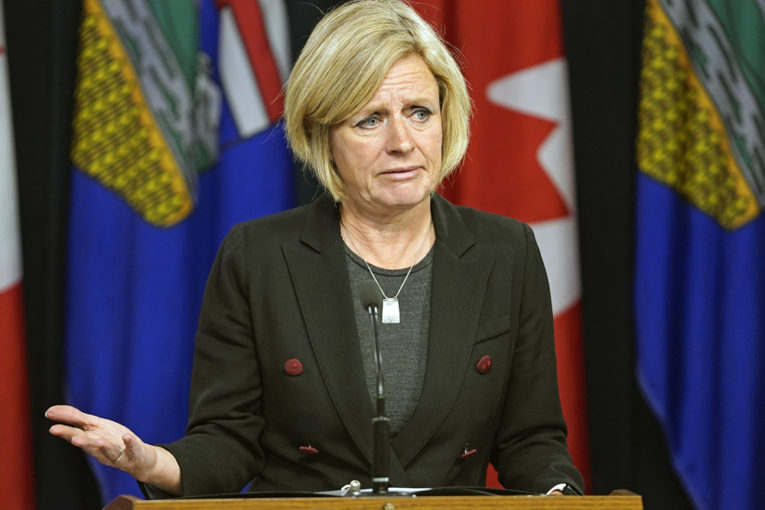
CALGARY — Alberta energy executives and politicians are frustrated the Trans Mountain pipeline expansion is set for another extensive regulatory review process, which will take until February 2019, at a time when all other export pipelines out of Canada are full.
Natural Resources Minister Amarjeet Sohi announced Friday the 22-week, National Energy Board-level review of the pipeline’s impact on marine life on the West Coast as Ottawa’s first step in taking the corrective action prescribed by the Federal Court of Appeal.
Last month, the Appeals Court overturned approvals for the pipeline because it found the NEB did not include an assessment of the project’s impact on tanker traffic and marine wildlife and because of insufficient consultation with affected First Nations.
“Let me assure you, this government is committed to protecting the oceans and coastlines,” Sohi said at an event in Halifax, adding the federal government — which recently bought the pipeline for $4.5-billion — will present the $1.5-billion Oceans Protection Plan during the 22-week process.
Sohi described the new review process as “the right way” to address the tanker issue identified by the Appeals Court but would not provide details on how and when it would address the second issue of insufficient Indigenous consultation.
“That will be part of a next step that we will be announcing shortly,” Sohi said.
The Calgary oilpatch, desperate to see a new pipeline built, was skeptical the additional NEB review process would be immune to more court challenges, which would further delay construction timelines for the Trans Mountain project.
“In today’s Canada, nothing ever seems to be final,” said Gary Leach, president of the Explorers and Producers Association of Canada.
He also called the 22-weeks allotted to the review process “generous” and said both the industry and the Alberta government had been hoping for “a more accelerated track.”
Leach said, however, that Ottawa “knows they can’t afford to have anyone question the thoroughness of the review process.”
Similarly, Alberta Premier Rachel Notley said she was “skeptical” the new NEB process would not be challenged by those opposed to the pipeline and vowed to act — she didn’t specify how — if the review process was delayed.
“We will not tolerate legal game-playing,” Notley said.
The process laid out by Sohi was a credible timeline but the challenge would be to stick to the allotted 22 weeks, according to the premier.
“The regulatory timeline laid out today is actually reasonable and in line with what we knew was the best-case scenario,” Notley said.
Neither Notley nor Sohi would provide a date for when they expected construction would resume on the project. Sohi said he didn’t want to provide construction timelines until First Nations consultations had been established.
The Tsleil-Waututh First Nation, which challenged the legality of the pipeline approvals, said in a statement that the consultation process would take longer than 22 weeks and it wanted input into the NEB review process.
“Any plan for additional review must be developed in collaboration with the Nation. Tsleil-Waututh looks forward to immediate engagement on the nature and scope of the new National Energy Board review of marine shipping,” it noted.
Clear construction timelines are important not only for the project and the energy industry, but the political future of the Notley-led NDP government in Alberta, according to Mount Royal University political science professor Duane Bratt.
“If she could get this project under construction then she’d have a fighting chance,” Bratt said, but added that a 22-week NEB review timeline is “aggressive” and could be difficult to maintain.
“I think that fighting chance is over now,” he said, noting that Alberta has a legislated window between March and May 2019 for a provincial election.
“Ultimately, I think the pipeline will be built, but not in her timeline,” he said. Notley’s NDP was trailing Jason Kenney’s United Conservative Party by 17 per cent in the Mainstreet Research poll conducted over the summer.
Notley declined to discuss the impact of the pipeline delays on her electoral chances, saying that she was focused on governing and working to get the pipeline approved and built.
• Email:
You can read more of the news on source
